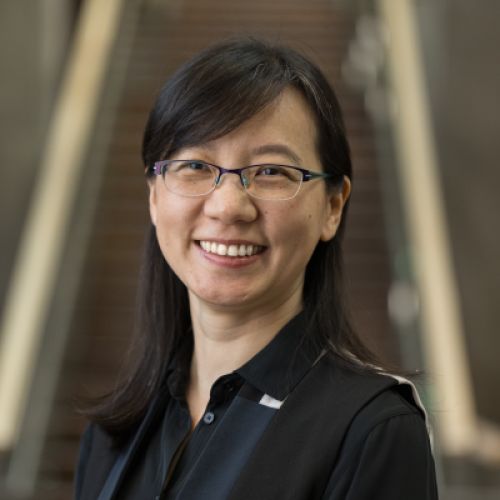Overview
Research in the Wang group aims to answer fundamental questions that lie at the interface of chemistry and biology. In particular, we are interested in developing small-molecule based probes and methods to understand the cause of disease with an emphasis on identifying potential therapeutic agents towards cancer and neurodegenerative disorders.
- Bioactive molecules as probes in human biology and disease. Starting from naturally occurring molecules that possess unique anti-cancer activity or neuroprotective/neurotrophic activities, our research incorporates synthetic chemistry and biological efforts to expedite discovery of novel bioactive molecules and to facilitate the study of their biological properties. Chemistry efforts will emphasize the development of modular approaches to target molecules and new methodologies to maximize synthetic efficiency. Biological studies will focus on profiling the activities of selected compounds and identifying their mode of action.
- Epigenetic modifying enzymes as novel therapeutic targets. We are interested in developing small-molecule regulators of epigenetics modifications, the new frontier in understanding and treatment of disease. For example, research will be directed towards identifying small-molecule modulators of arginine methylation and uncovering their regulatory pathways. Discovery of such molecules will provide powerful tools to interrogate the physiological roles of arginine methylation and offer potential lead molecules for novel therapies to contribute to a new era of epigenetic-based drugs.
- New chemical tools for biomolecule labeling and target identification. Our research also involves the development of new chemical tools to enable selective detection of the temporal and spatial small-molecule ligand-biomolecule interactions in vitro and in vivo. Towards this end, we will design and synthesize photoaffinity cross-linking tools to label methyltransferases, their substrates, and their binding partners.
Overall, the research in the Wang group involves the interplay of these three complementary areas and integrates the principles of synthetic chemistry, assay development, molecular and cell biology, genetics, and proteomics. Through this interdisciplinary approach, we will create a small-molecule toolbox for studying genes and pathways of importance to cancer and neurodegenerative disorders.
Current Appointments & Affiliations
Professor of Chemistry
·
2023 - Present
Chemistry,
Trinity College of Arts & Sciences
Faculty Network Member of the Duke Institute for Brain Sciences
·
2014 - Present
Duke Institute for Brain Sciences,
University Institutes and Centers
Member of the Duke Cancer Institute
·
2015 - Present
Duke Cancer Institute,
Institutes and Centers
Education, Training & Certifications
Emory University ·
2005
Ph.D.
Wuhan University (China) ·
1999
B.S.

